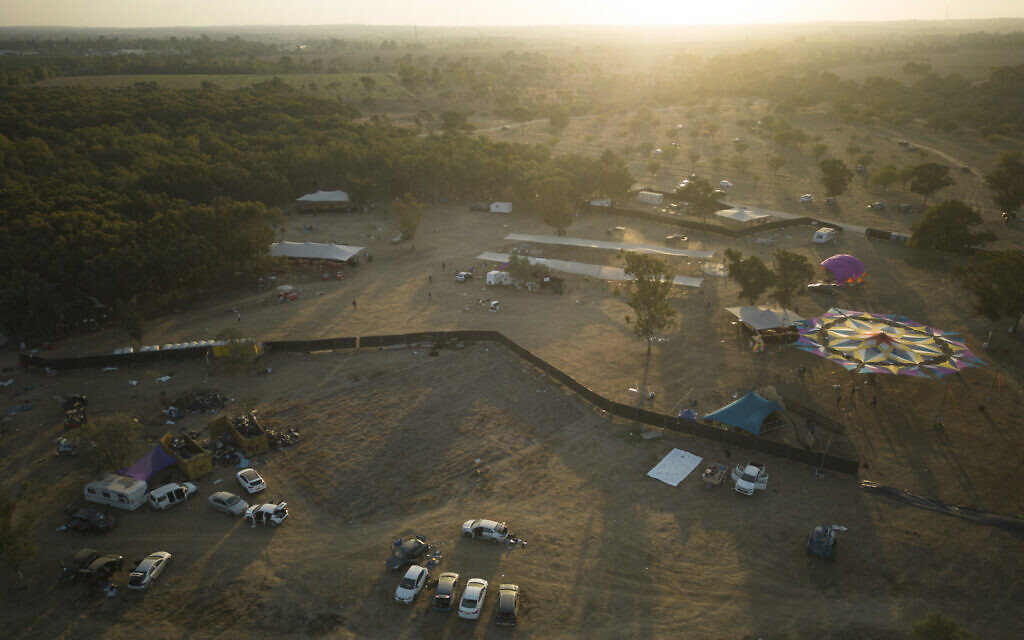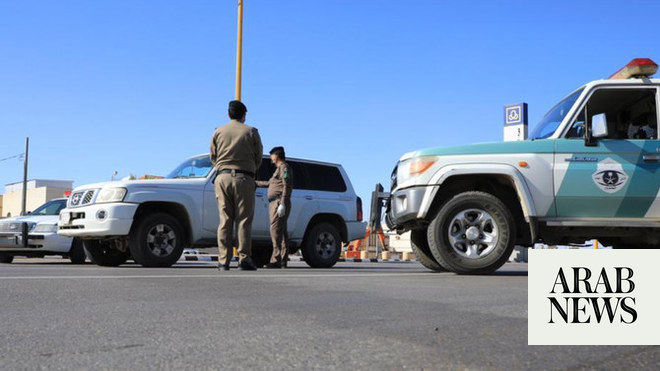KHAN YOUNIS, Gaza Strip (AP) — Medics in Gaza warned Sunday that thousands could die as hospitals packed with wounded people run desperately low on fuel and basic supplies. Palestinians in the besieged coastal enclave struggled to find food, water and safety ahead of an expected Israeli ground offensive in the war sparked by Hamas’ deadly attack.
Israeli forces, supported by a growing deployment of U.S. warships in the region, positioned themselves along Gaza’s border and drilled for what Israel said would be a broad campaign to dismantle the militant group. A week of blistering airstrikes have demolished entire neighborhoods but failed to stem militant rocket fire into Israel.
The Gaza Health Ministry said 2,329 Palestinians have been killed since the fighting erupted, more than in the 2014 Gaza war, which lasted over six weeks. That makes this the deadliest of the five Gaza wars for both sides. More than 1,300 Israelis have been killed, the vast majority of them civilians killed in Hamas’ Oct. 7 assault. This is the deadliest war for Israel since the 1973 conflict with Egypt and Syria.
Hospitals are expected to run out of generator fuel within two days, according to the U.N., which said that that would endanger the lives of thousands of patients. Gaza’s sole power plant shut down for lack of fuel after Israel completely sealed off the 40-kilometer-long (25-mile-long) territory following the Hamas attack.
In Nasser Hospital, in the southern town of Khan Younis, intensive care rooms are packed with wounded patients, most of them children under the age of 3. Hundreds of people with severe blast injuries have come to the hospital, where fuel is expected to run out by Monday, said Dr. Mohammed Qandeel, a consultant at the critical care complex.
There are 35 patients in the ICU who require ventilators and another 60 on dialysis. If fuel runs out, “it means the whole health system will be shut down,” he said, as children moaned in pain in the background. “All these patients are in danger of death if the electricity is cut off.”
Dr. Hussam Abu Safiya, the head of pediatrics at the Kamal Adwan Hospital in northern Gaza, said it did not evacuate despite Israeli orders. There are seven newborns in the ICU hooked up to ventilators, he said. “We cannot evacuate, that would mean death for them and other patients under our care.”
Patients keep arriving with severed limbs, severe burns and other life-threatening injuries. “It’s frightening,” he said.
The Shifa hospital in Gaza City, the territory’s largest, said it would bury 100 bodies in a mass grave as an emergency measure after its morgue overflowed, with relatives unable to bury their loved ones. Tens of thousands of people seeking safety have gathered in the hospital compound.
Gaza was already in a humanitarian crisis due to a growing shortage of water and medical supplies caused by the Israeli siege. With some bakeries closing, residents said they were unable to buy bread. Israel has also cut off water, forcing many to rely on brackish wells.
Israel has ordered more than 1 million Palestinians — almost half the territory’s population — to move south. The military says it is trying to clear away civilians ahead of a major campaign against Hamas in the north, where it says the militants have extensive networks of tunnels, bunkers and rocket launchers. Hamas urged people to stay in their homes.
The U.N. and aid groups say the mass exodus within Gaza, along with Israel’s complete siege, will cause untold human suffering. The World Health Organization said the evacuation “could be tantamount to a death sentence” for the more than 2,000 patients in northern hospitals.
The military said Sunday that it would not target a single route south between 10 a.m. to 1 p.m., again urging Palestinians to leave the north en masse. The military offered two corridors and a longer window the day before. It says hundreds of thousands have already fled south.
The U.N. agency for Palestinian refugees says an estimated 1 million people have been displaced in Gaza in a single week.
The U.S. has been trying to broker a deal to reopen Egypt’s Rafah crossing with Gaza to allow Americans and other foreigners to leave and humanitarian aid amassed on the Egyptian side to be brought in. The crossing, which was closed because of airstrikes early in the war, has yet to reopen.
Israel has said the siege will only be lifted when the captives are returned.
Hundreds of relatives of the estimated 150 people captured by Hamas in Israel and taken to Gaza gathered outside the Israeli Defense Ministry in Tel Aviv late Saturday, demanding their release.
“This is my cry out to the world: Please help bring my family, my wife and three kids,” said Avihai Brodtz of Kfar Azza. Many expressed anger toward the government, saying they still have no information about their loved ones.
In southern Israel, residents of the town of Sderot, one of several communities targeted in the Hamas rampage, were boarding buses for other parts of the country to escape continuing rocket fire. Thousands have already left under a state-sponsored program that puts them in hotels elsewhere in the country.
“The kids are traumatized, they can’t sleep at night,” Yossi Edri told Channel 13 before boarding a bus.
The military said Sunday an airstrike in southern Gaza had killed a Hamas commander blamed for the killings at Nirim, one of several communities Hamas had attacked in southern Israel. Israel said it struck over 100 military targets overnight, including command centers and rocket launchers.
In the north, meanwhile, Hezbollah fighters in Lebanon fired an anti-tank missile toward an Israeli army post and Israel responded with artillery fire. Israel’s Magen David Adom rescue service said a 40-year-old man was killed, without giving his nationality. Israel later closed off areas up to 4 kilometers (2.5 miles) from the border and ordered civilians within 2 kilometers (1.25 miles) to shelter in safe rooms.
Israel and Hezbollah, which fought a devastating war in 2006, have traded fire along the border several times since the start of the latest Gaza war.
Israel has called up some 360,000 military reserves and massed troops and tanks along the border with Gaza. Israelis living near the Gaza border, including residents of the town of Sderot, continued to be evacuated. Militants in Gaza have fired over 5,500 rockets since the hostilities erupted, many reaching reaching deep into Israel, as Israeli warplanes pound Gaza.
In a televised address Saturday night, Israel’s chief military spokesman, Rear Adm. Daniel Hagari said “we are going to attack Gaza City very broadly soon,” without giving a timetable for the attack.
When asked at a press briefing whether Israel would treat civilians who stay in the north as combatants, Lt. Col. Richard Hecht, another army spokesman, said: “That’s why we’ve encouraged people not involved with Hamas to move south.”
U.S. Defense Secretary Lloyd Austin said late Saturday that the U.S. was moving a second carrier strike group, the USS Dwight D. Eisenhower, to the eastern Mediterranean, in a show of force meant to deter Hamas allies like Iran and Hezbollah from seeking to widen the war.
Hamas remained defiant. In a televised speech Saturday, Ismail Haniyeh, a top official based abroad, said that “all the massacres” will not break the Palestinian people.
Hamas spokesperson Jihad Taha told The Associated Press in Beirut that Israel “does not dare to fight a ground battle,” because of the captives. He alluded to the possible entry of Hezbollah and other regional players in the battle should Israel launch a ground invasion but declined to say whether they had made any concrete commitments.
___
Kullab reported from Baghdad, Krauss reported from Jerusalem. Associated Press writers Julia Frankel in Jerusalem, Abby Sewell in Beirut and Samy Magdy in Cairo contributed to this report.

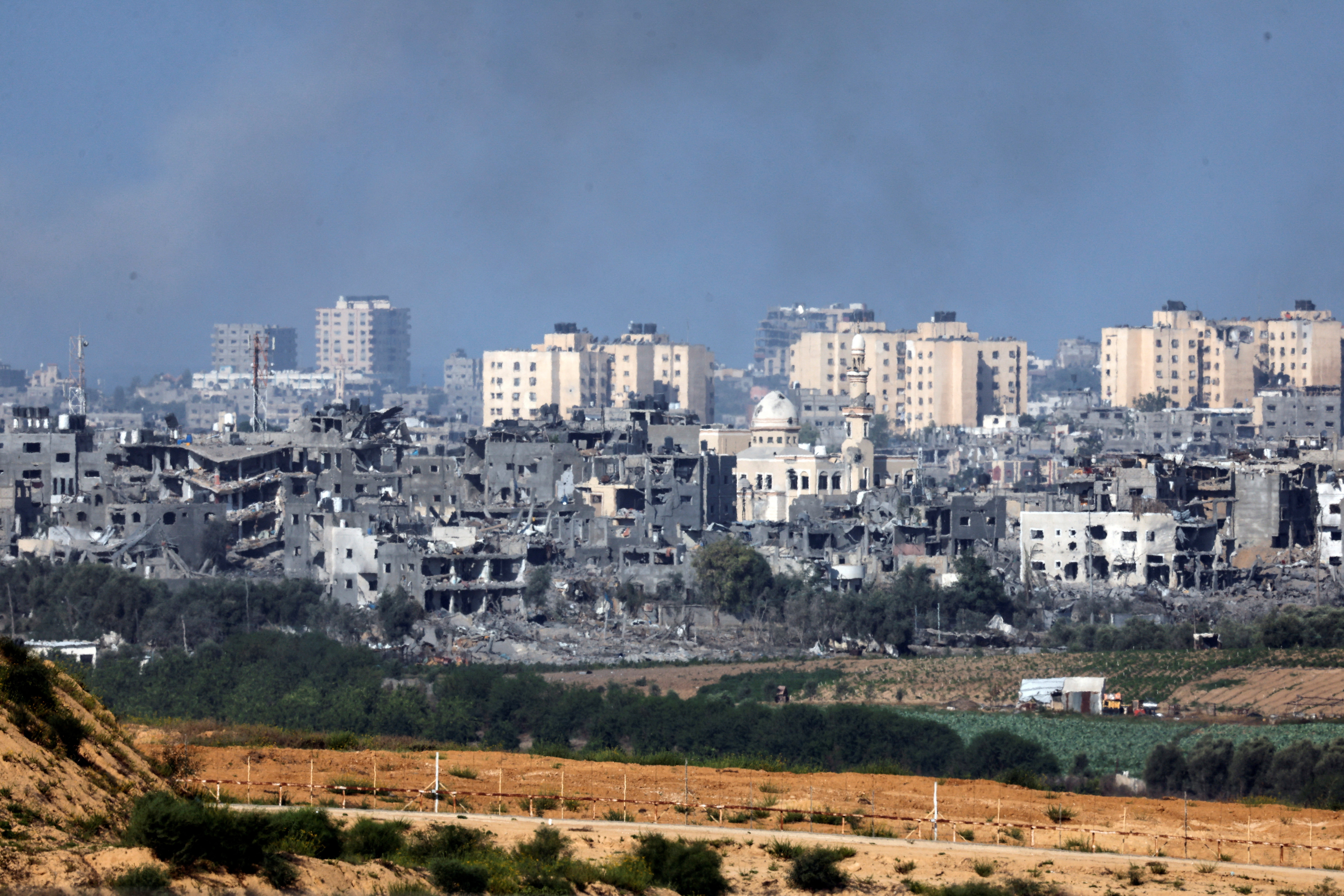
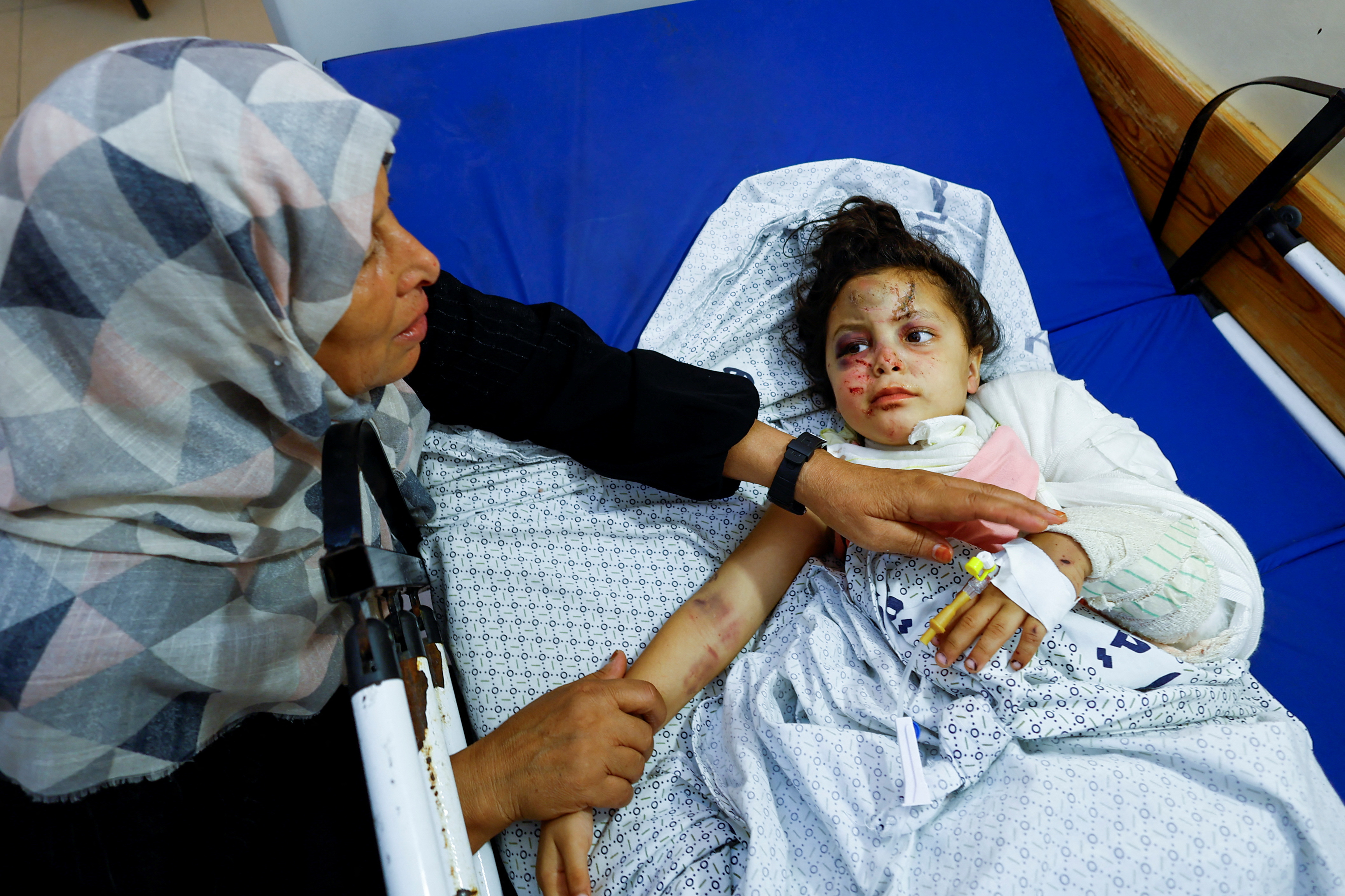
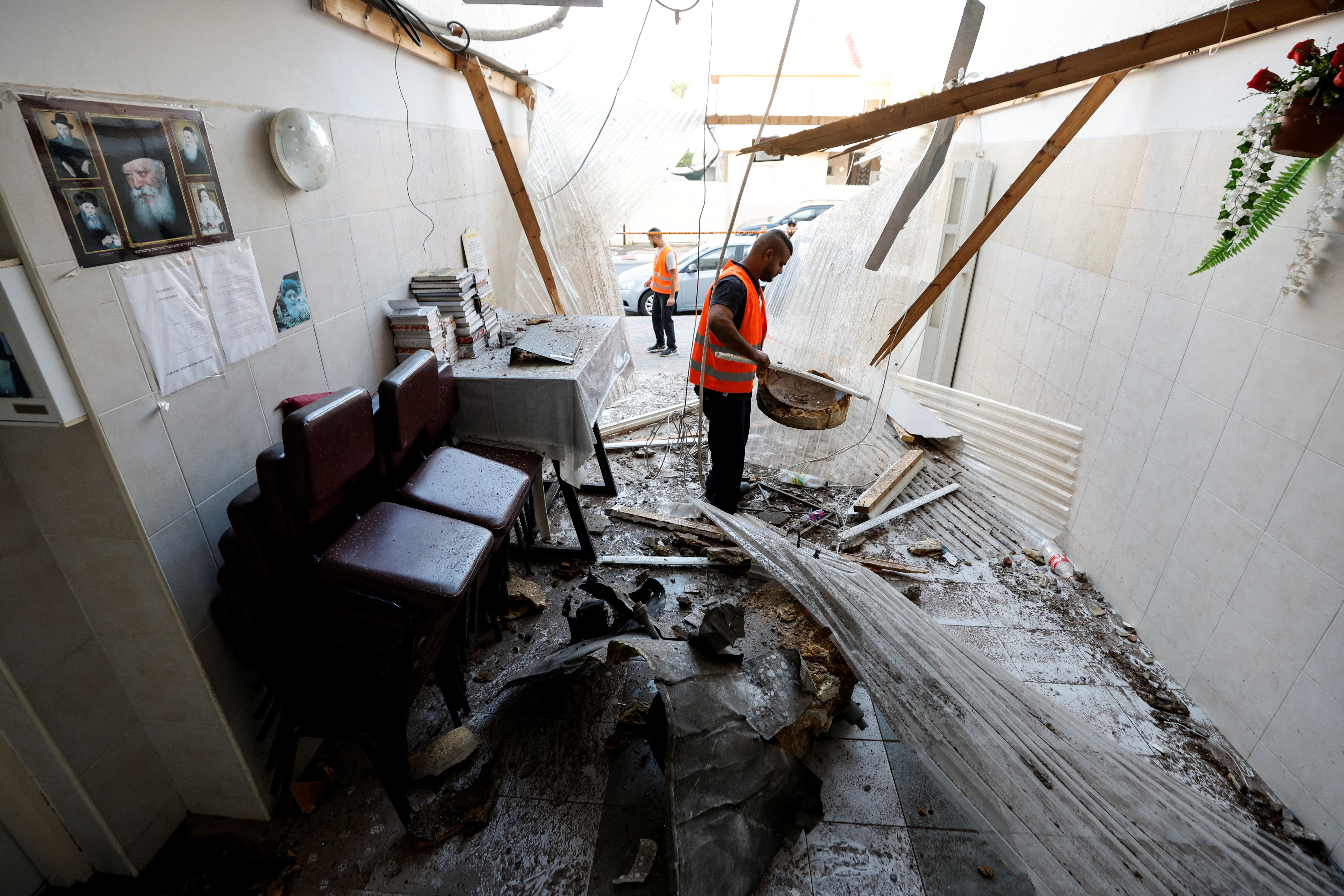
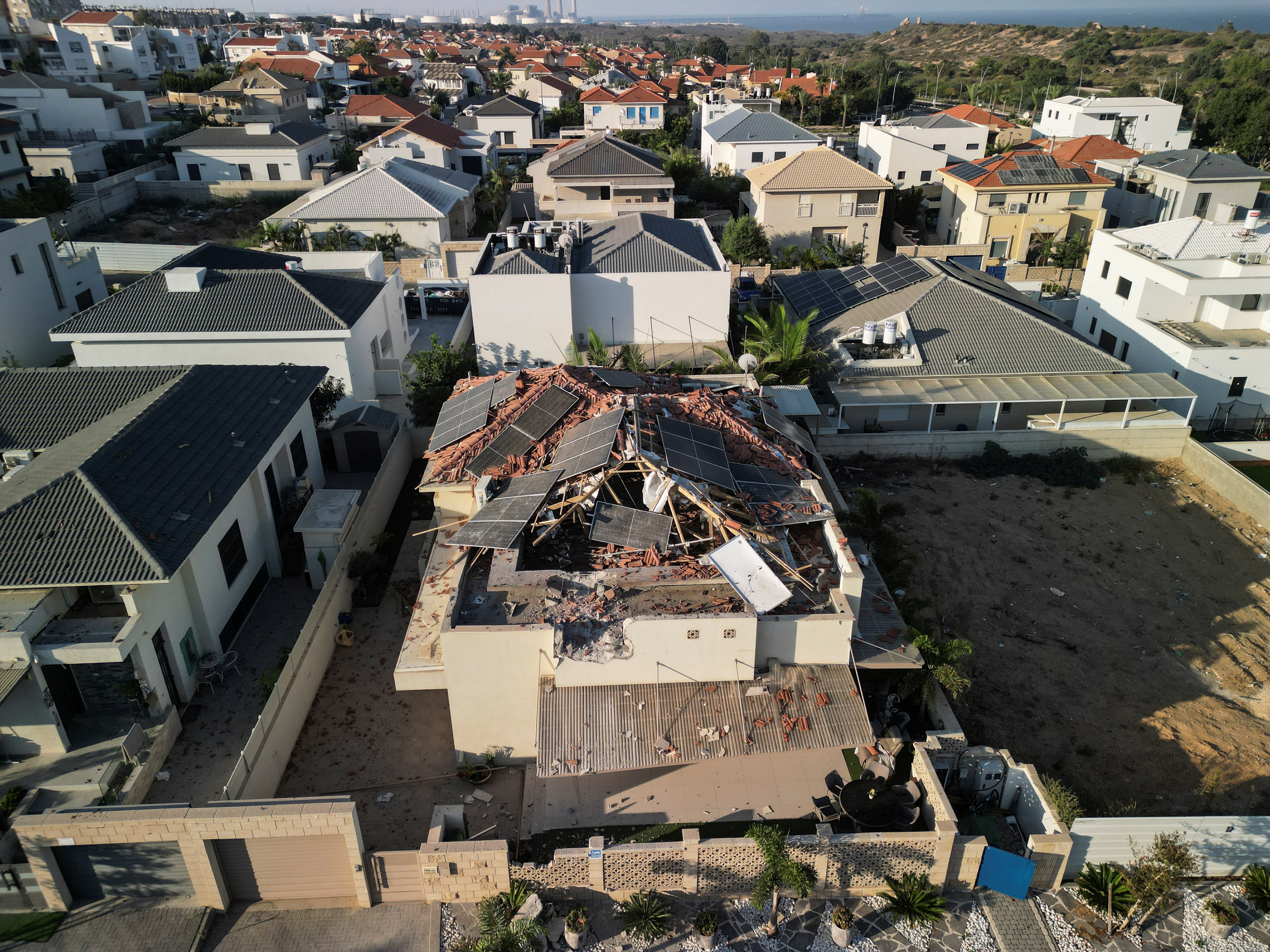
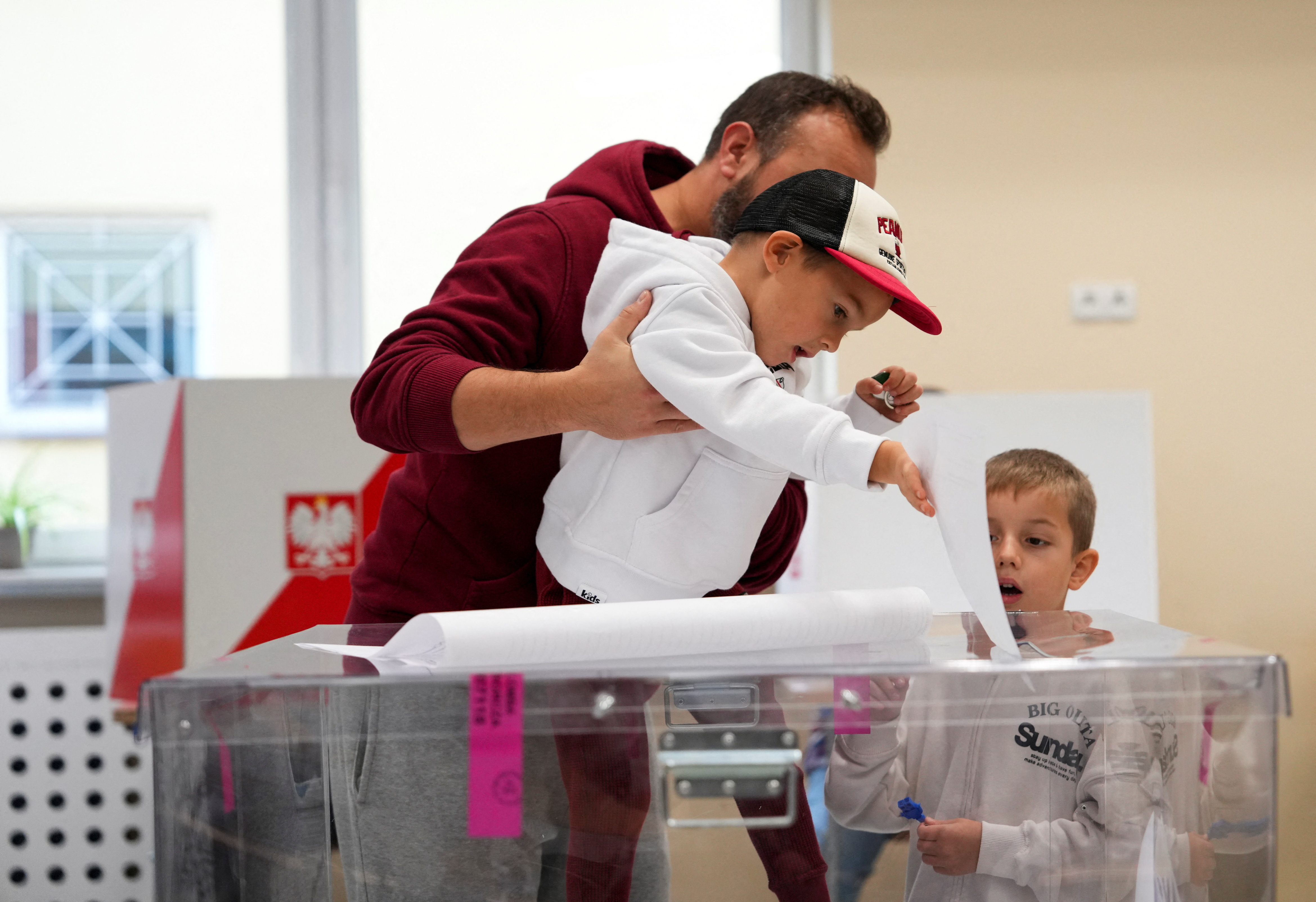
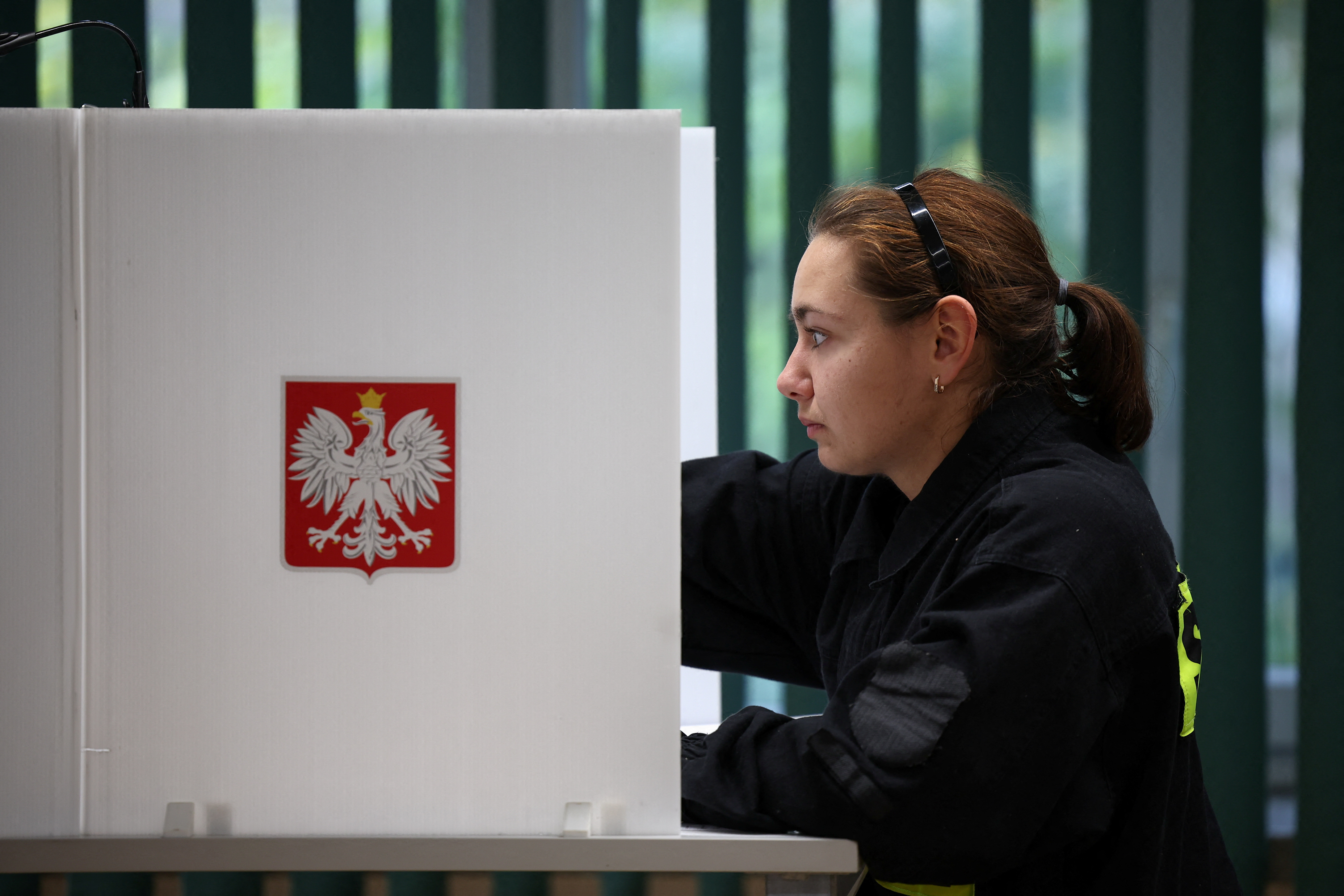
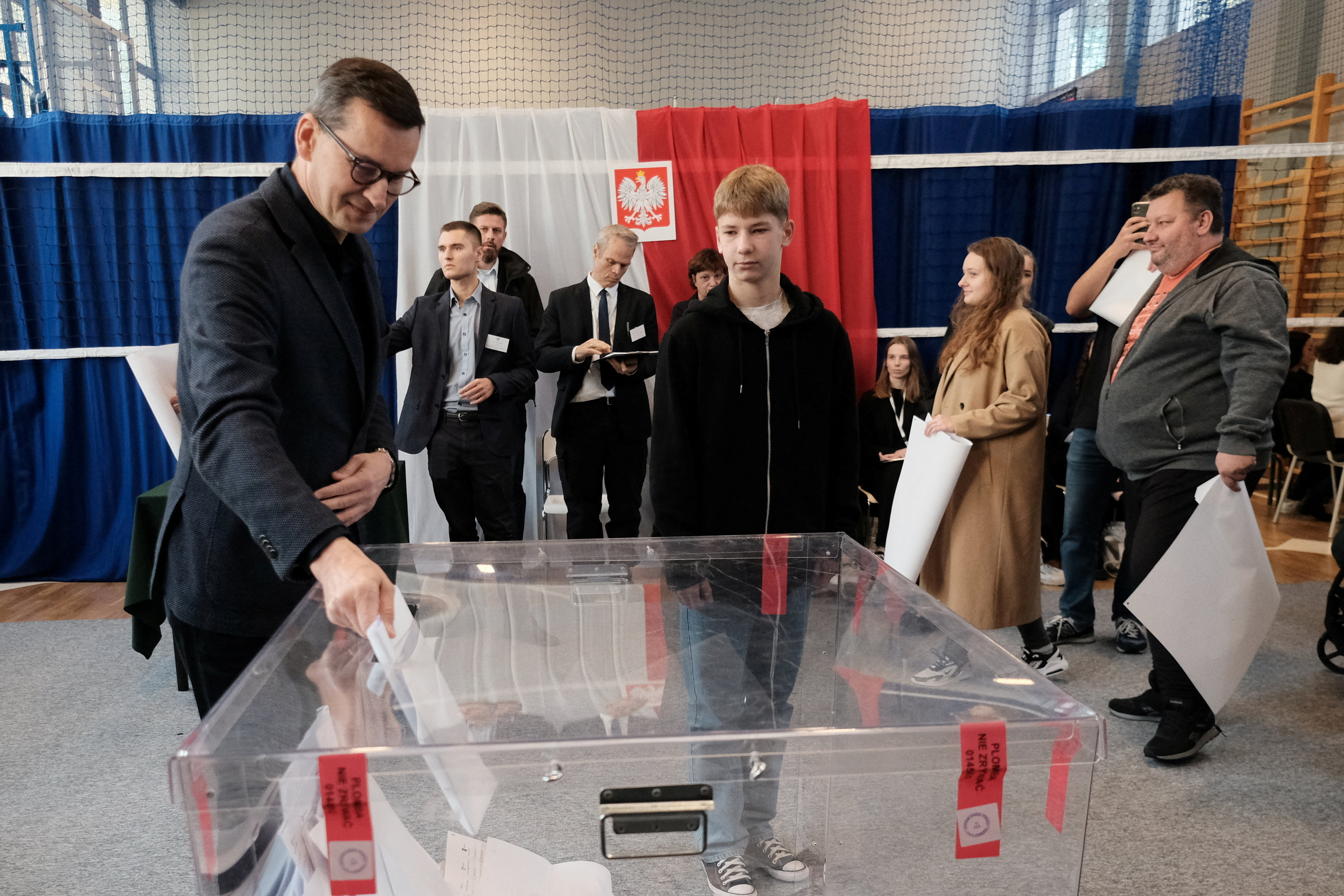
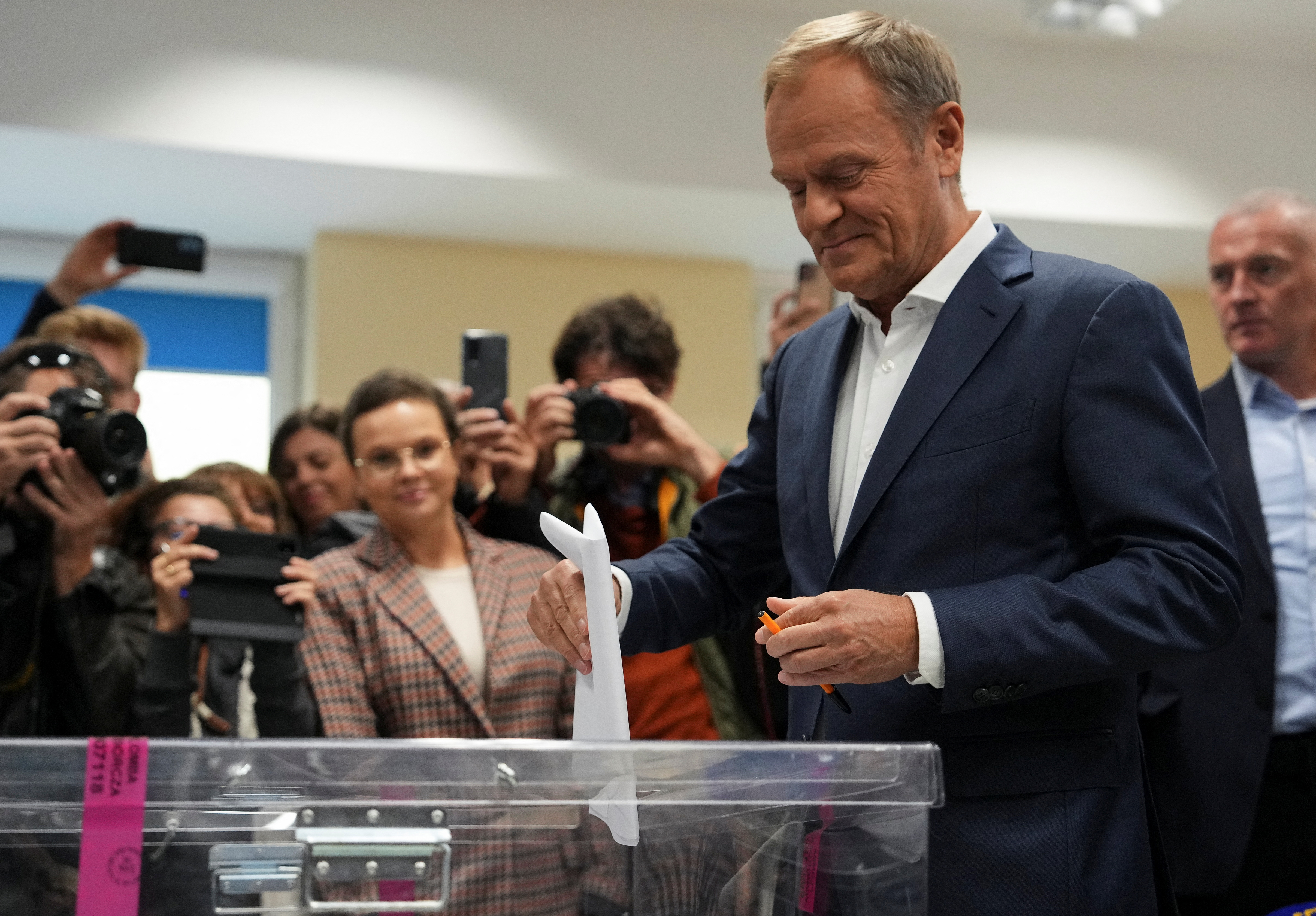
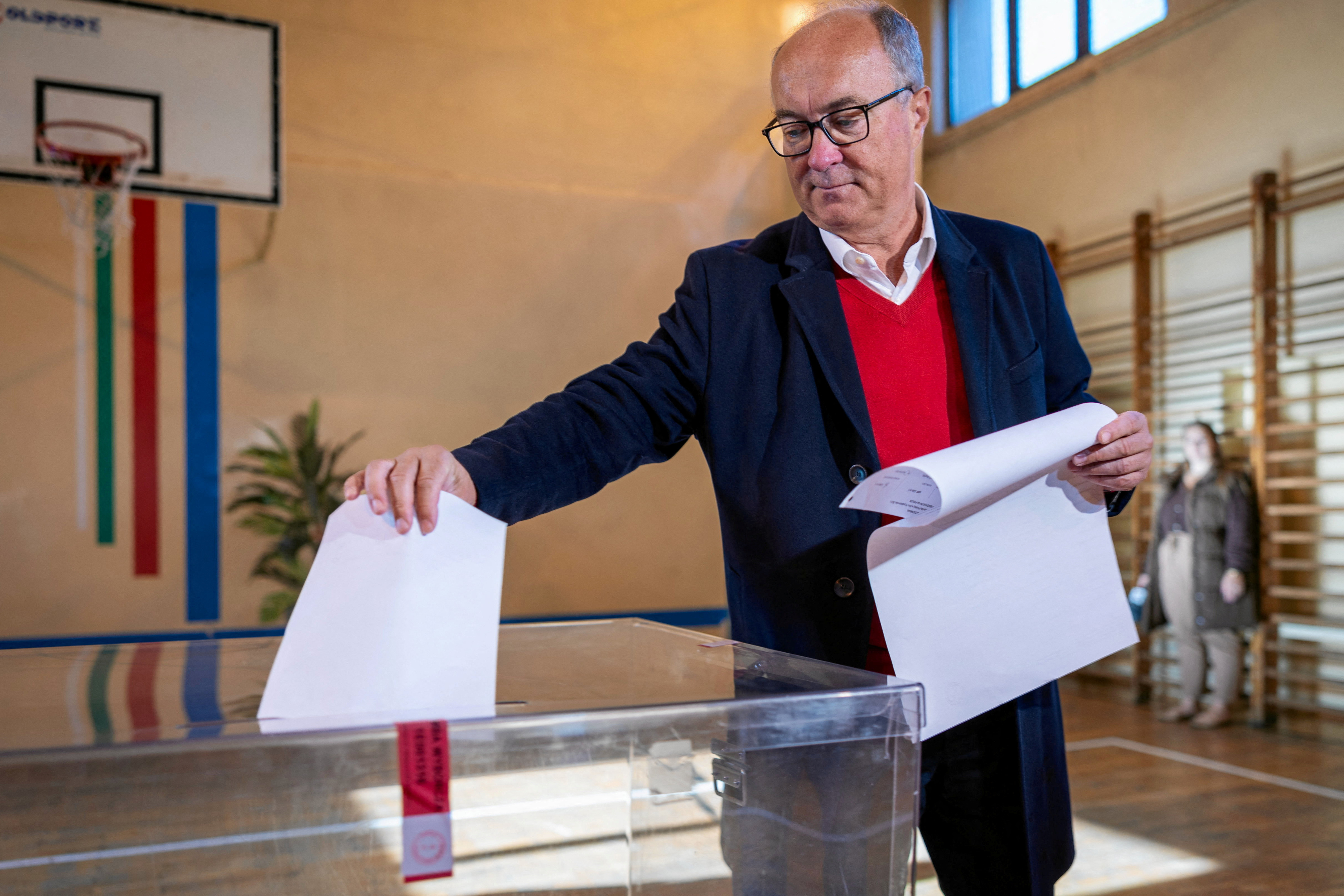
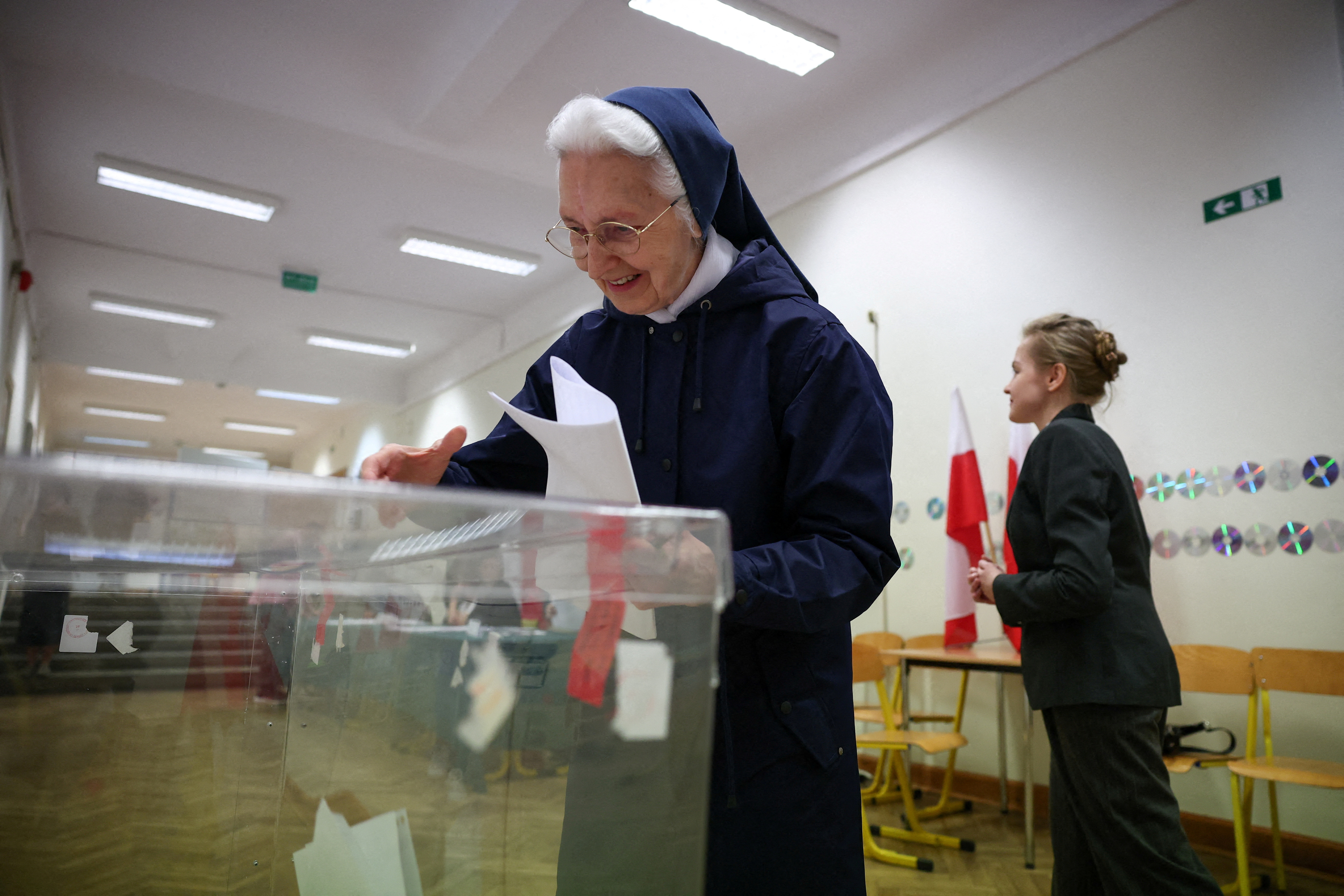
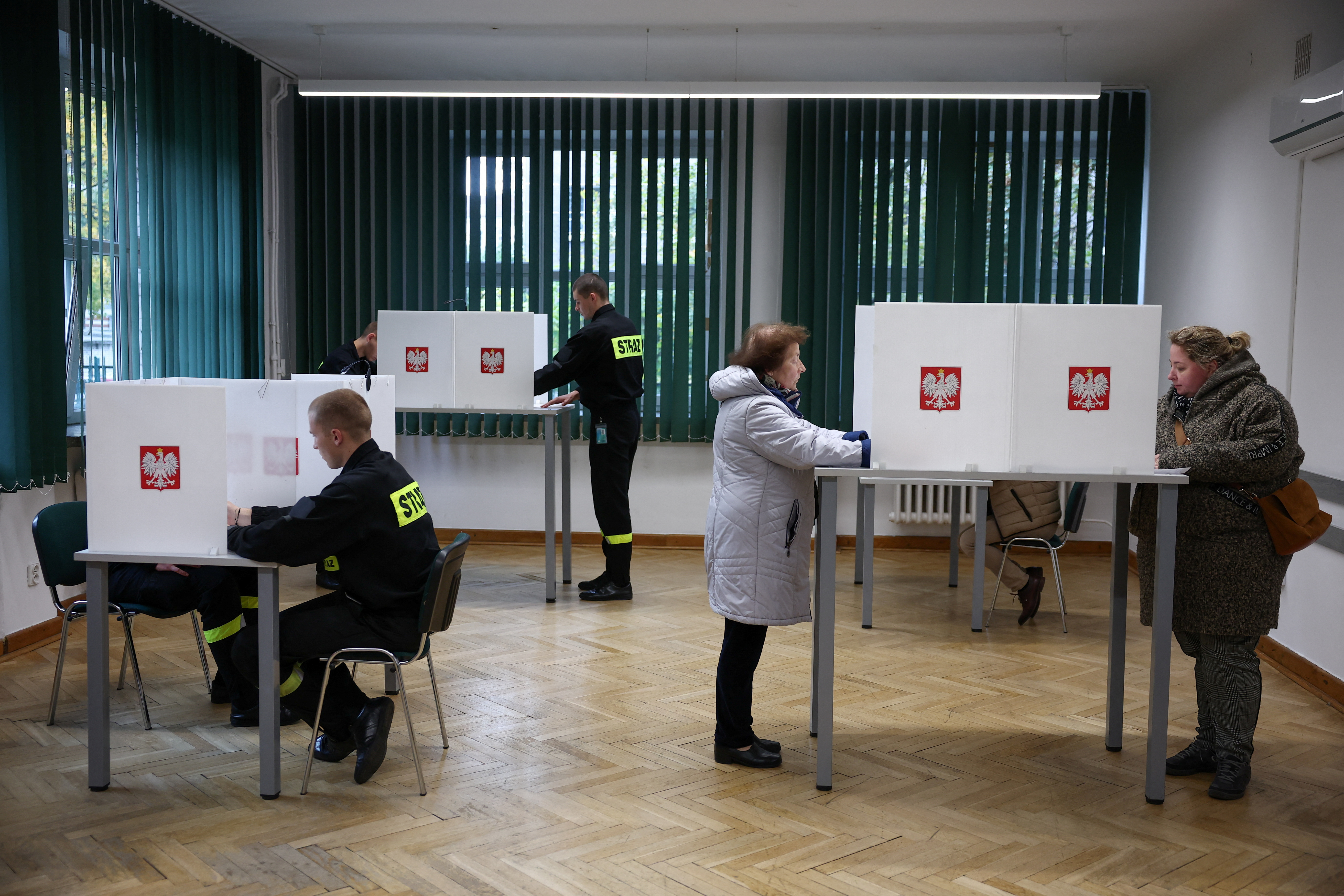
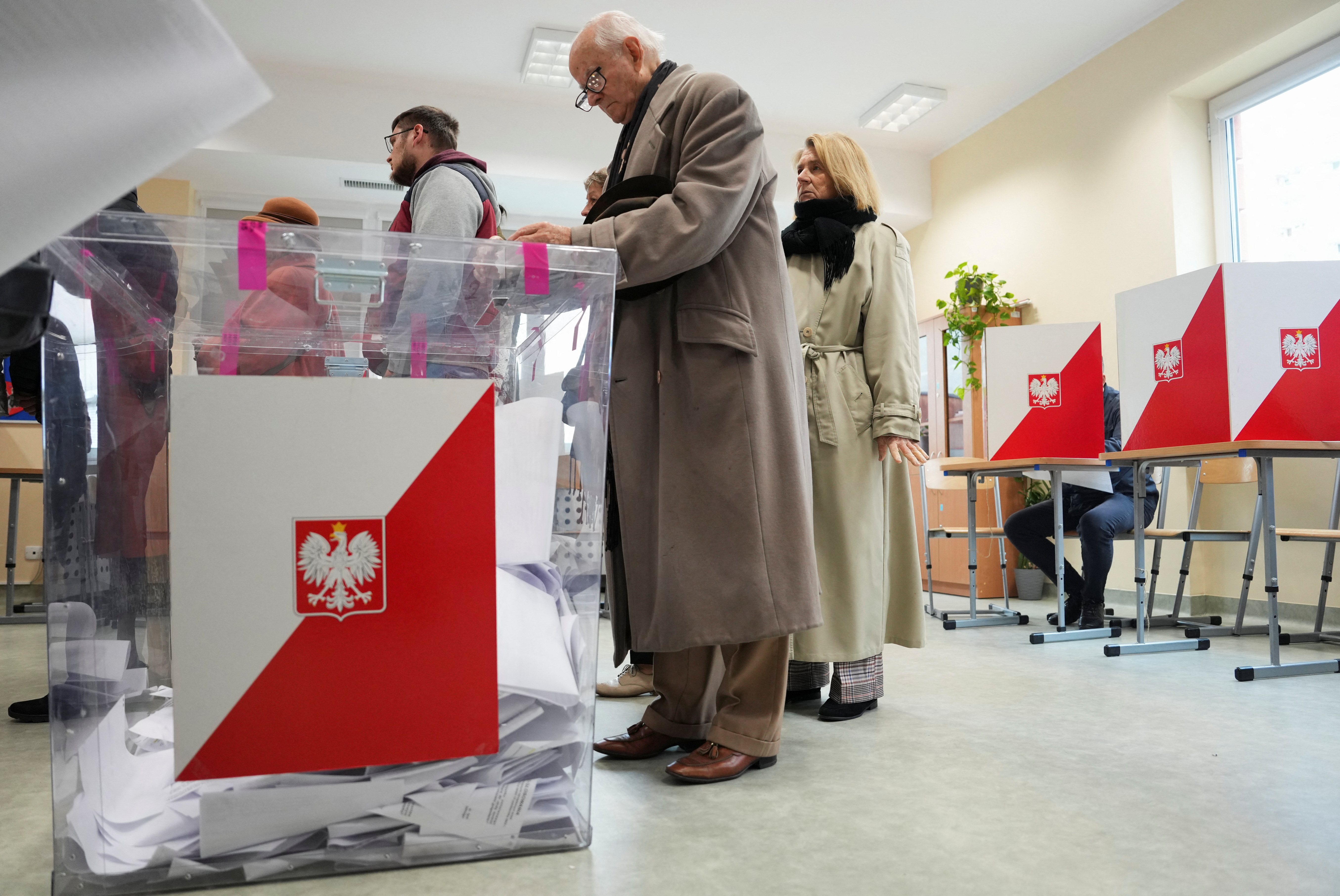

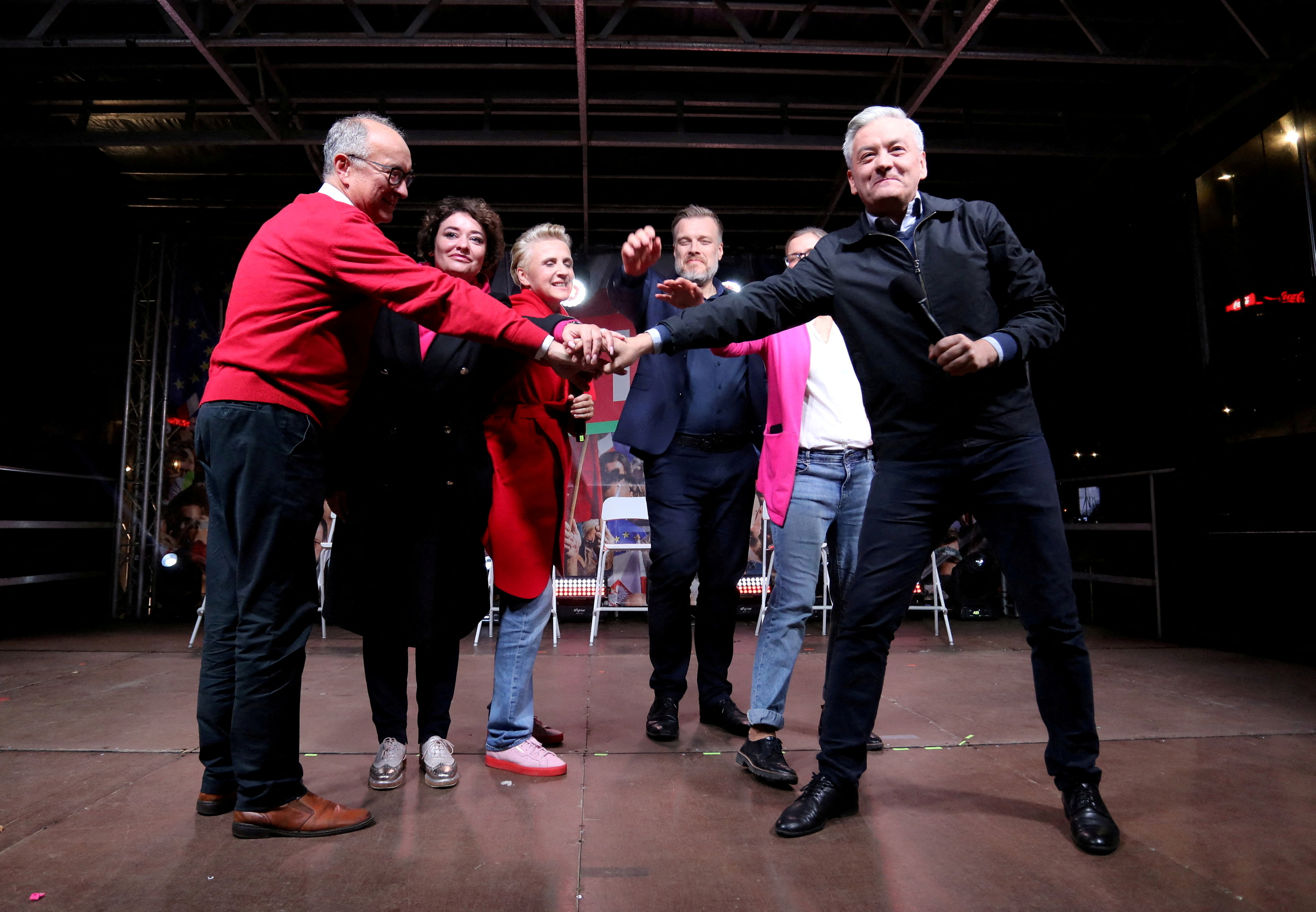

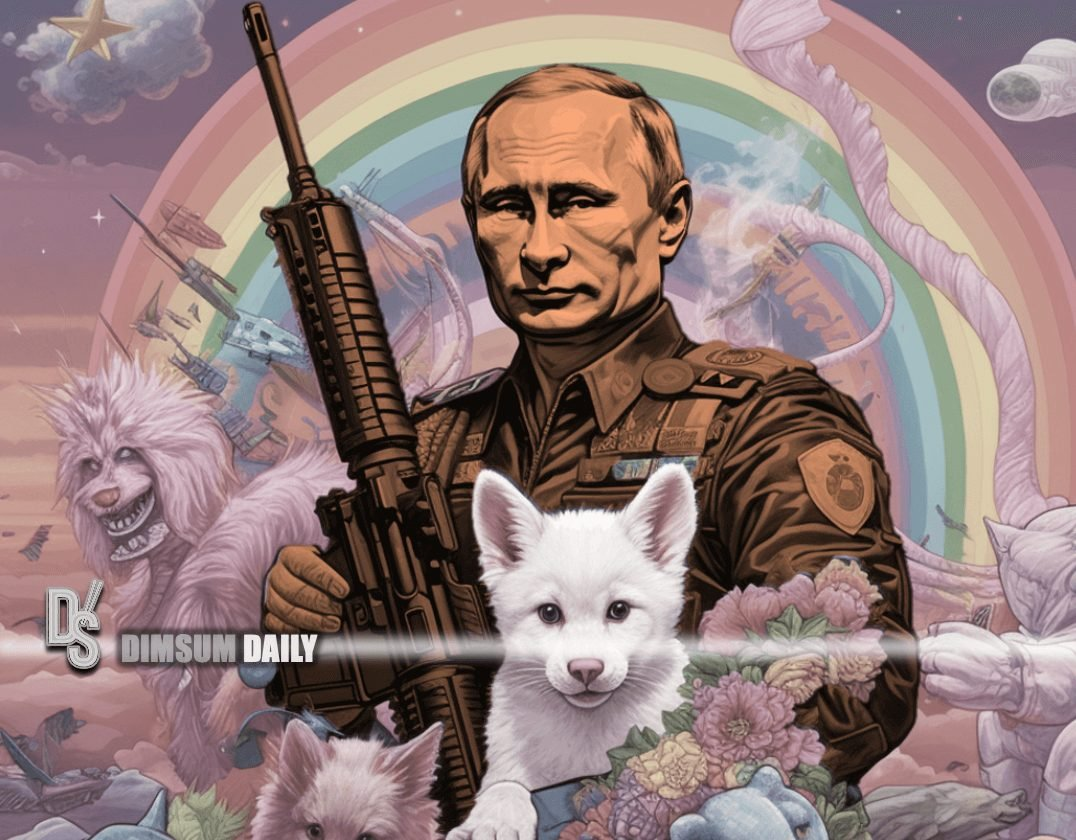
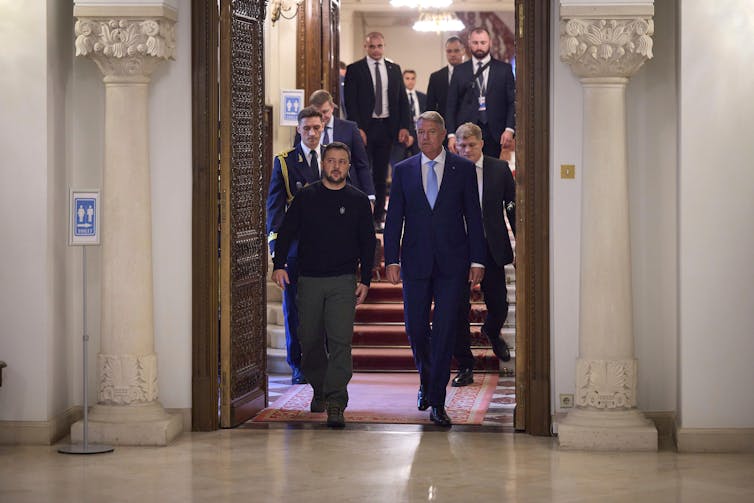

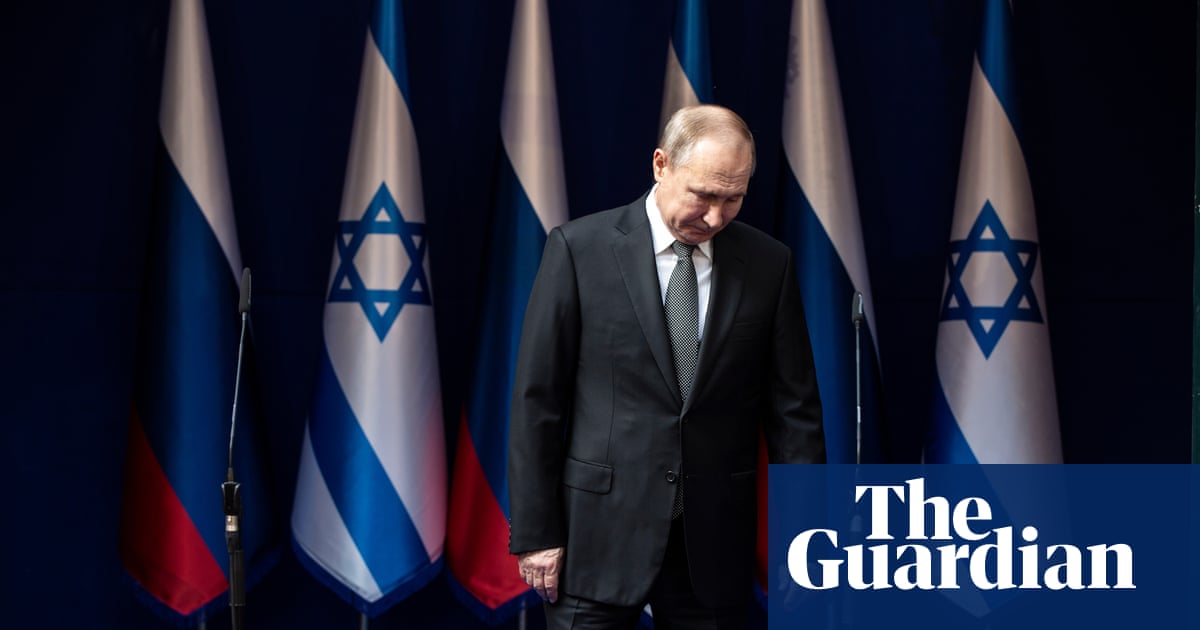

 image/webp
image/webp 